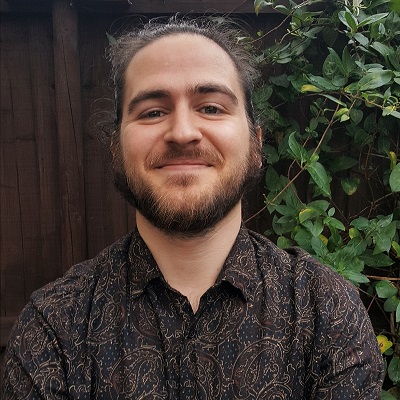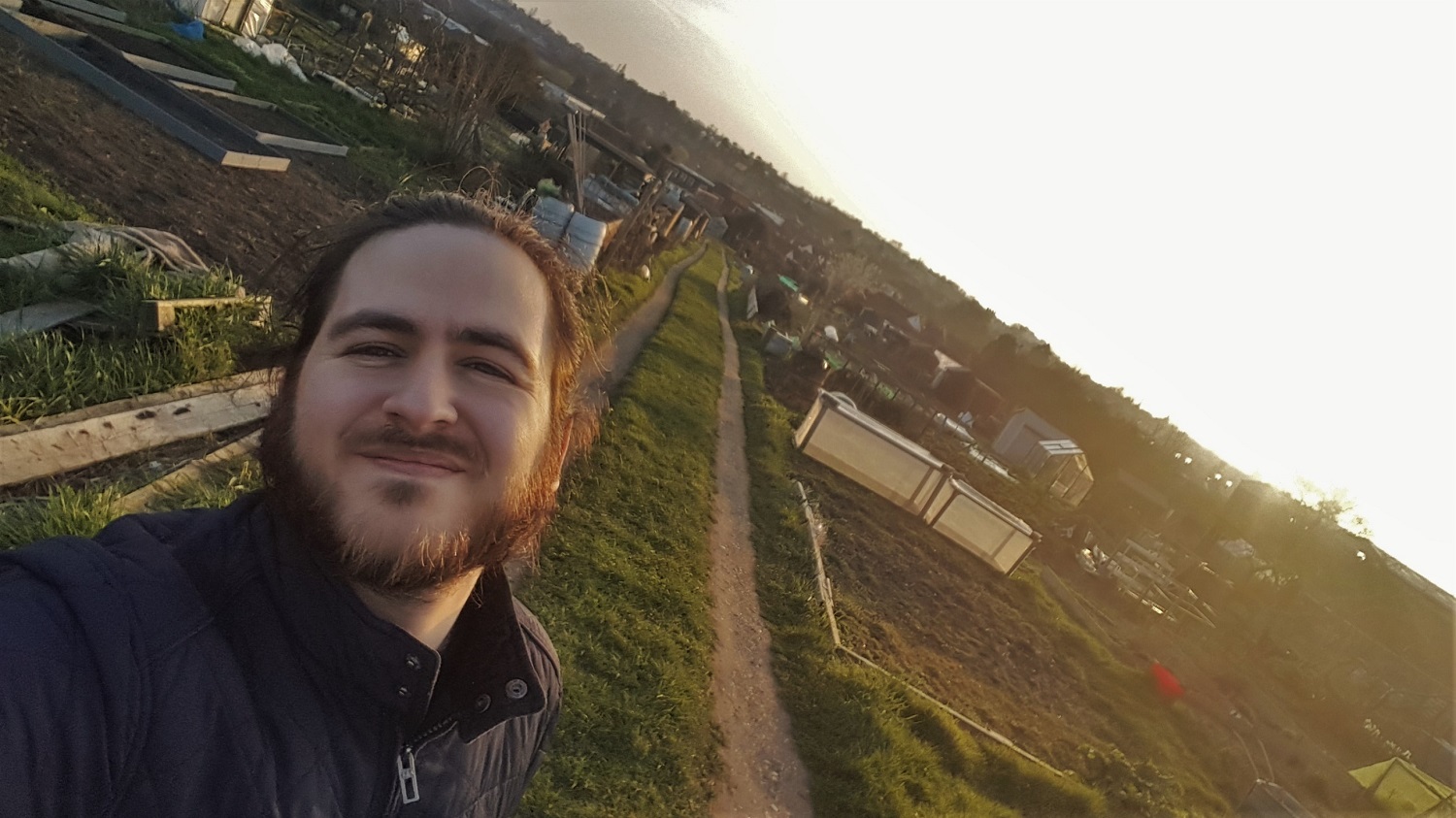 Meet Kemal Çufoğlu, Pesticide-Free Colchester
Meet Kemal Çufoğlu, Pesticide-Free Colchester
What made you want to campaign to make your area pesticide free?
Since 2015, I have been signing petitions and sharing campaigns against glyphosate. Inspired by Greta Thunberg’s work, I wanted to become a proactive Colchester resident and use a political platform for my environmental activism. In July 2019, I attended my first local Green Party event on policy development. Following Colchester Greens’ social and encouragement I got from the party members, I decided to run for policy development officer role within the Executive committee, and was elected.
How did you start your campaign i.e. finding key allies?
Our committee decided to set up a Glyphosate Working Group and I recommended that we prepare a report on usage and effects of glyphosate in Colchester to be presented to Colchester Borough Council (CBC). The aim of the Group was “raising awareness around the dangers of using glyphosate in public places and seeing CBC ban their use of glyphosate and move to more environmentally conscious, safer alternatives”. After getting appointed as chair, we prepared an action plan and reached out to our members informing them about an opportunity to help us with campaigning. In October 2019, we launched our social media leg of the campaign by having a photoshoot in the most iconic and known location of our town. Following this, we prepared our campaign strategy which included online and offline media such as social media posts, newsletters and local newspaper articles. We identified and approached local groups which may be interested in engaging on the issue, including the Women’s Institute, Friends of the Castle Park, Eco Colchester, Extinction Rebellion and environmental student clubs. The endorsement and support we received not only strengthened our voice, it also motivated us to work harder.
How did you sustain it and build momentum in your community?
I was lucky that I was surrounded by fellow passionate activists which were the driving force behind our success. Our first goal was creating a researched and engaging report on Colchester’s glyphosate use to date. I prepared the skeleton report, identified areas that needed research, set out a clear deadline to be finished by, and scheduled bi-weekly meetings. To motivate the team, I divided tasks based on personal interests and the various links members had. We gathered information using previous FOI requests and PAN UK resources. We were able to spent time on making our report locally relevant and relatable by addressing a wide range of issues and solutions. Our final comprehensive report, Under our nose and feet: Report on Toxic Herbicide Glyphosate in Colchester, contained chapters on glyphosate’s effect on the environment and human health, as well as legal cases and policy changes around the world, the council’s responsibilities, safer alternatives and identification of vulnerable groups. Thanks to all this dedicated hard work, Colchester Borough Council passed an unanimous decision in November 2019 to phase out glyphosate.
What challenges did you face along the way and how did you overcome them?
There have been three main challenges. The first was receiving no response from the local council regarding progression and policy updates. The second was the claiming of our campaigning achievements by other political parties, and the third was, and to some extent still is, the Covid-19 pandemic.
After CBC’s decision to phase out glyphosate, I contacted members of the cabinet a number of times for an update on progress. I also wanted to raise my concerns regarding local news that tenants living in council homes may have to pay additional maintenance. We received no response so we started to approach other local environmental groups to establish collaborations to work collectively both locally and regionally. Through working with groups such as Eco Colchester, we were able to share each other’s resources and get updates. We were also able to increase pressure on the council who subsequently announced it would stop using glyphosate around council homes too.
Other political parties also tried to claim our achievements. I decided that the best thing to do was simply to let our work speak for itself. Local residents were already aware of the real champions of this campaign through news and social media, and at the end of the day, what mattered the most was the fact that hundreds of people were now able to enjoy their time in nature without needing to worrying about toxic herbicide.
Finally, the pandemic affected our ability to meet up so we switched to holding virtual meetings. We spend our time checking in on each other, supporting concerned residents in neighbouring towns, holding the council accountable to its commitments and developing relations with other environmental groups to campaign regionally.

What would be your advice for someone struggling with their campaign?
Struggling can be good. It is a sign that something is alive, developing, and/or trying to emerge. My advice would be trying to understand the source of the issue and approaching it appropriately. Treatment for an internal factor may differ from an external one. It is always good practice for a campaign strategy to know where there are strengths and which areas can be improved upon. Familiarise yourself with existing literature and resources. Campaigning can be a struggle, but patience and perseverance are key.
What next for you and your campaign?
Our next focus has been to widen the reach of our campaign. Since last year, I have been assisting residents in Frinton-on-Sea and Brightlingsea and I’m proud of their work and would love to see Tendring District Council listen to its residents’ voices and join ranks with Colchester. As the chair of the Green Action Team, I’ve also been collaborating with community-led and environmental groups to establish a coalition across Essex to support parish councils and lobby Essex County Council (ECC) to ban the use of glyphosate. Pesticide Free Essex is now up and running. Having contributed to the preparation of group action tools (including draft FOI requests for campaigners), I am now compiling information gathered from the ECC and Essex Highways and working on a report on glyphosate usage and county profile. I will continue campaigning to have Colchester and Essex glyphosate-free.
